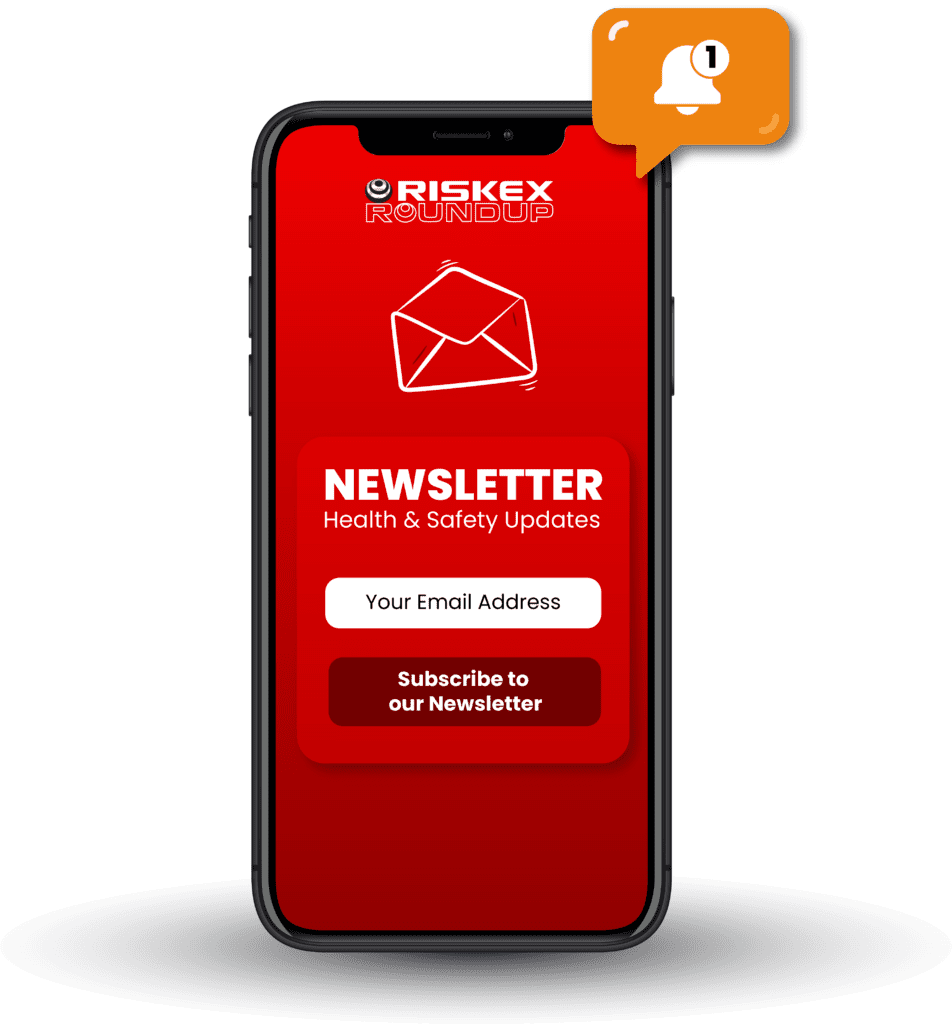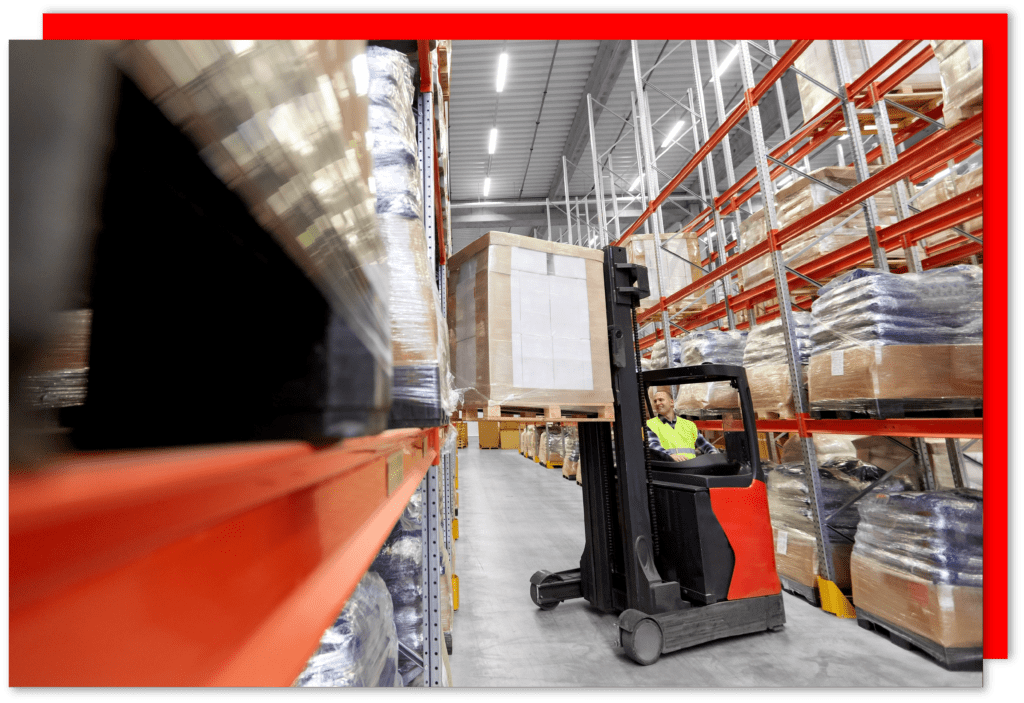2.7 billion deskless workers worldwide account for 80% of the total workforce
In the wake of Covid, employers need to look more closely at ways to engage with their deskless workers, to attract and retain vital front-line staff. With stories of Transport for London tube staff reporting being verbally abused and attacked, and hospitality workers subjected to more regular aggressive customer behaviour, technology can help employers to deploy tools to help prioritise their wellbeing and to help deskless workers feel safe and supported.
There are 2.7 billion deskless workers worldwide, comprising over 80% of the total workforce. Deskless workers are those performing vital, often frontline roles in core industries such as healthcare, retail, construction, agriculture, manufacturing, and transportation. During COVID, these were the essential workers who took care of us and kept our economy running while most businesses shut down – the healthcare staff, factory workers, grocery store employees, freight and delivery workers, and others that make up the essential workforce. Throughout the pandemic, there was an acknowledgement of these workers’ huge contribution.
However, post-COVID, while there has been much discussion around workplace culture, shifting work patterns and employee expectations, the deskless employee voice has not been heard. While many organisations have made massive shifts concerning remote or hybrid working, flexible hours, and work-from-home ergonomics for deskbound workers, the focus has almost exclusively been on these screen-focused white-collar workers. In addition, many deskless roles are still managed by paper-based processes, slowing down interaction with managers and adding to a lack of visibility of what the deskless employee needs. The office revolution does not encompass the very real issues of poor safety and decreased wellbeing experienced by those who must always work in person, on the frontline – often in some of the most taxing roles.
Empowering Front-line Staff
Modern safety management technologies can enable organisations to create a safe, more productive environment for their frontline staff. Harnessing such technologies can help streamline internal communications and demonstrate support for frontline staff by empowering them to report incidences of abuse or accidents, near misses or hazards in real-time. This means swift responses from managers and the quick deployment of control measures, or any surrounding support services, with an opportunity to track outcomes and make impactful changes. Crucially, it demonstrates to staff that safety is paramount, that their wellbeing is taken seriously, and that should any incident occur, there is a direct channel to report, and the response is swift and coordinated.
Communicating and getting feedback and support ‘in the moment’ becomes vital to avoid chasms emerging between frontline, deskless workers and their office-based colleagues.
Importantly, technology provides critical data for leadership to better understand their workers’ reality, enabling data-driven decision-making to mitigate and minimise incidences of abuse and improve the employee experience. Online cloud-based Risk Assessments can also be more easily distributed and acted upon. Technologies such as these help inform policies and procedures to counter and reduce risks and the threat of abuse, while ensuring robust systems are in place to support those who may be subjected to such experiences.
Such systems are not only vital to support deskless employees when they experience safety or wellbeing incidents. The lack of specialised technology for deskless workers is a missed opportunity for businesses to overhaul the entire employee experience and speak to the needs of varied roles. Outdated systems are creating challenges for employers when communicating with, planning for, and managing this large set of their workforce. It is therefore critical to make appropriate investments in technology that leverage data to make it easier to detect when there is a potential problem, capture employee feedback frequently, and enable managers to take action.
Of course, failing to take action based on feedback can impact employees negatively – more so than had you never asked, so any technology-based strategy must be matched by the will to adopt values of openness, responsiveness and adaptability.
Delivering Tools to Enhance the Deskless Workplace
To create better experiences for vital frontline, deskless workers, companies must invest in engaging, user-friendly and smart technologies that support these workers’ unique needs. By using the right cloud-based technologies, organisations can help employees feel better connected to their employers through regular communications. Engagement with management is easier for white-collar workers with corporate emails and systems designed to support their needs, but this presents challenges when you are one of the thousands of workers at a manufacturing plant or in a hospital.
The gap between deskless workers and office-based employees must be closed, and quickly. Just as the public has recognised the massive contribution the deskless workers make to our lives, employers must respond by ensuring that they harness tools that help deliver safer, more connected and rewarding workplaces, for all.













